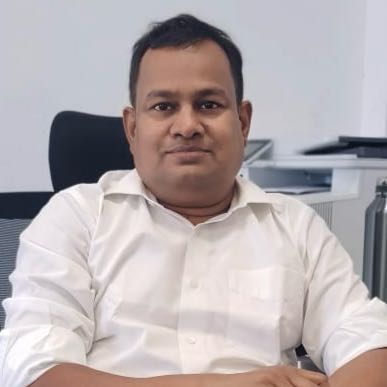Bhubaneswar: With the rising population of old age and with upcoming challenges related to longevity and disability including health and various other related issues such as social, emotional, security, SSEPD Principal Secretary Bishnupada Sethi has made a plan to create skilled human resources for proper care of the Geriatric patients.
The skilled manpower will have knowledge and skill on various dimensions of elderly issues to work in the government and non-governmental organization working for the elderly population and issues relating to ageing in the State.
The Department of Social Security & Empowerment of Persons with Disabilities (SSEPD) has issued a comprehensive guideline for the training and capacity building program to create a pool of skilled Geriatric Caregivers in the State.
With changing employment trends there is breaking away of the joint family system and the changing lifestyle; children are not able to take good care of their aged parents. As both, husband and wife have to go out for work; they need the help of committed and trained caregivers for bedside assistance for their dear ones.
Thus, there is a huge need for professionally trained geriatric caregivers who can provide support for activity for daily living, assistance in medical care and overall help in improving the quality of daily life of senior citizens.
The proposed training programme will address the area for bridging the gap between the need of geriatric homecare and availability of homecare service providers.
As per the guidelines, training of youth, widows, and single women in geriatric care giving will develop their skill and create a pool of caregivers for the elderly who are need of such services, will provide the invaluable assistance to the needy elders in attending to the activities of daily living and thus improve quality of life of both the elderly and the caregivers.
The training programme would help the senior citizens for assistance in emergency health care and support for their emotional wellbeing. The trained professionals will assist them in providing social needs to develop their coping mechanism in social isolation and empower them in their complex physical and mental health. These caregivers can educate them about personal safety and disease prevention too.
A three months training programme will be created with integration of ABADANA scheme and State Action Plan for Senior Citizens (SAPSrC) scheme of Atal Vayo Abhyudaya Yojana (AVYAY). National Institute of Social Defence (NISD) will be the nodal agency for organizing the programs for skilling the geriatric caregivers.
The training course for the geriatric caregivers has a multi-disciplinary approach which provides the learners with a range of skills to perform their duties efficiently.
In addition to this, a small section in the course is devoted to familiarizing the constitutional provisions, legislations and schemes for the elderly which ensures that the caregiver is well aware of the legal rights of the senior citizens and his/her obligations to the elderly.
The direct beneficiaries of the training will include the youth, single women, widows and untrained professionals working in this field. The indirect beneficiaries will be elderly persons i.e. those in the age group of 60+ years; who require assistance in activities of daily living.
As per census figures of 2011, Odisha had 39.8 lakh persons aged 60 years and above, constituting 9.5% of its total population, which is higher than the national average of 8.6%.
The elderly population is expected to reach 62.69 lakh by 2026 which would be about 13.8% of the State’s total population by that year. By 2031, this number of elderly people in the State is expected to rise to 15.8%, ranking Odisha sixth among the states in the country for having a high percentage of senior people and by 2036, this is expected to rise to 17% of the total population.
The State will have to cater to the needs of approximately 80 lakh senior citizens by that time.


